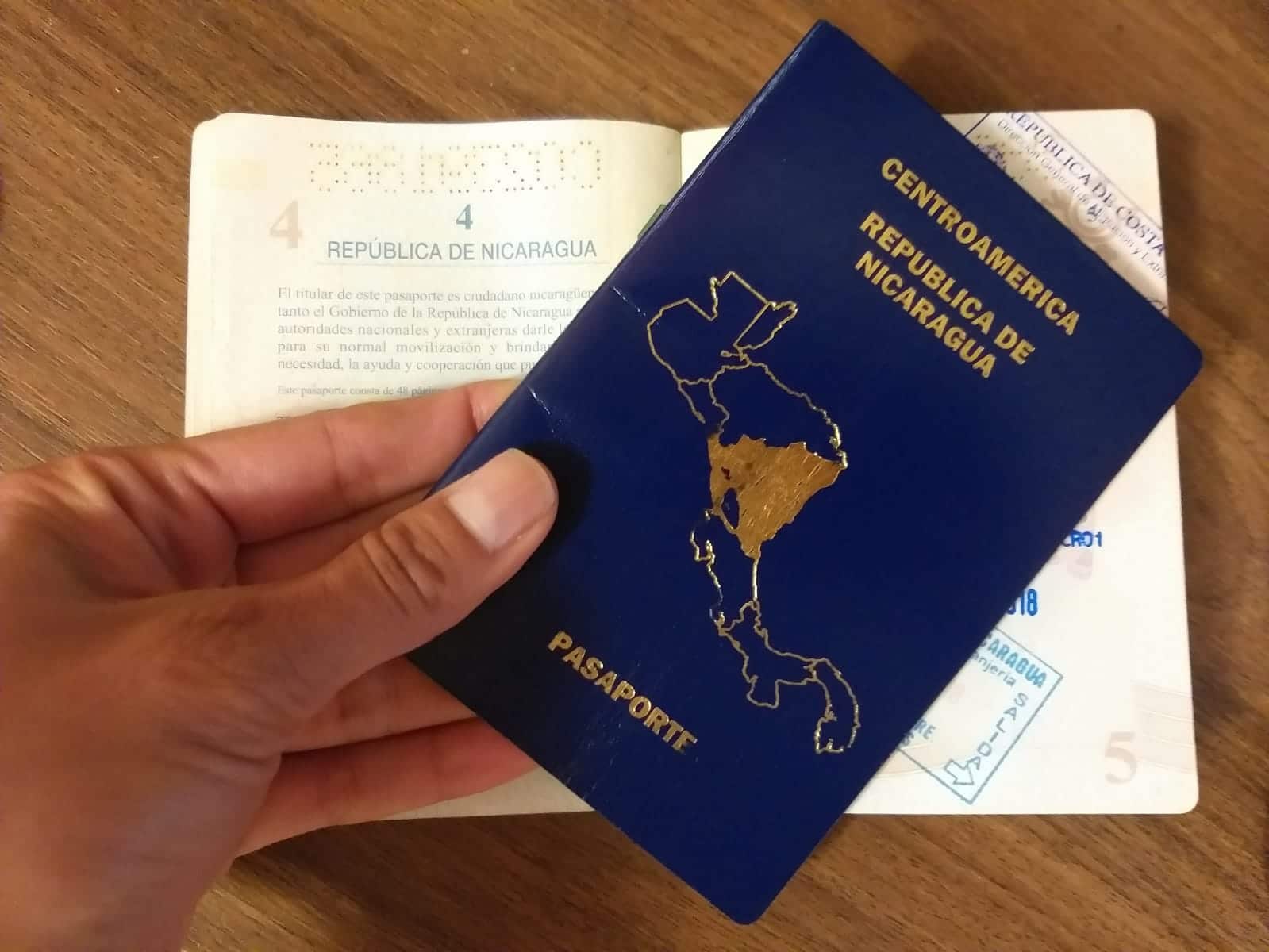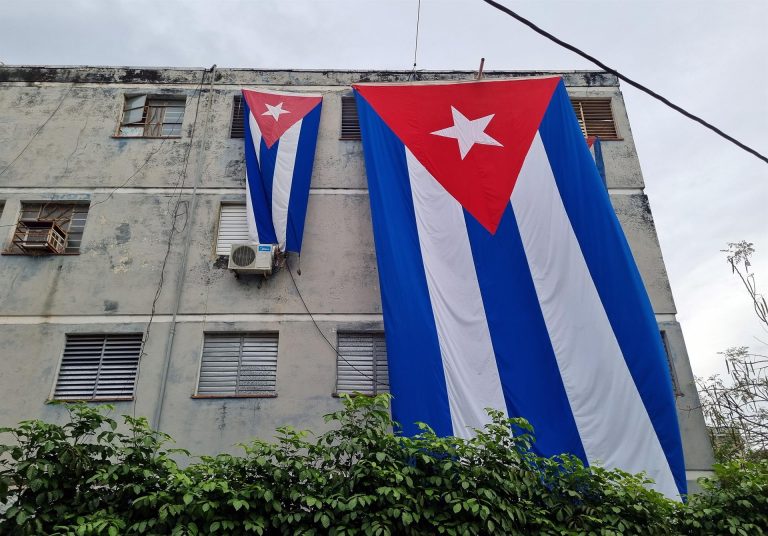20 de mayo 2022

Nicaragua: Public Employees Hindered from Traveling to USA

PUBLICIDAD 1M
PUBLICIDAD 4D
PUBLICIDAD 5D
It will soon be clear that diplomatic normalization has little to do with the defense of democracy and respect for human rights

Joe Biden’s government is finally fulfilling his campaign promise to lift the sanctions restricting visas, travel and family remittances that the Trump administration levied on Cuba in 2019. It’s a decision that returns U S policy to the diplomatic path Barack Obama piloted between 2013 and 2016.
It’s worth recalling that Obama’s diplomatic approach wasn’t only attacked by Trump, right-wing Cuban-American groups, and sectors of the Republican Party. The Cuban Communist Party also spoke out against it during their seventh Congress in April, 2016. The most rigid currents on the island, like their extremist allies in Latin America and the Caribbean – especially those towing the Bolivarian line – rejected Obama’s push for normalized relations. In Cuba, they called it “an attack”, and officially defined the initiative as one more way of subverting the socialist system within Washington’s traditional policy of confrontation.
It’s crucial that we recall this now. The initial adverse reaction to lifting the sanctions will be concentrated in those who adhere to the Trump policies. However, before too long, the anti-Obama faction of Cuban officialdom will reemerge and once again raise their voices in alarm against the well-mannered strategy that, in their opinion, seeks the same thing as its opposite: overthrowing the regime.
This last idea is an exaggeration of course, but it reflects very well the antidemocratic core of the Cuban system. As the island’s recently approved Penal Code underlines, “subversion” or “overthrowing” the system is the goal the laws attribute to any exercise of the rights of association and expression, anything that directly questions the institutional and legal order in Cuba. Anything at all that questions the system – not necessarily even an attempt against it through violent or illegal means.
The move to return to diplomacy with Cuba, coming from the United States, is hard to understand without considering the growing Latin American and Caribbean consensus for including the island in the regional forums. These moves aren’t based on any lack of awareness of Cuba’s authoritarian structure. It’s not a route for covering up the repression and human rights violations, as some of the supporters of Trump’s sanctions have argued. That wasn’t the case with Obama and his Secretary of State John Kerry, and it won’t be so with Biden and Anthony Blinken.
The Cuban government, and those who reproduce its propaganda within and outside the island, know this and are sharpening their old rhetoric against that opening. This can already be seen in the Cuban foreign ministry’s declaration minimizing the importance of the announcement. Once again, the voices of those who see no other way, except for this prolonged and wearing confrontation, will overpower and confuse. However, very soon, as soon as the next Summit of the Americas, it will become clear, and not only on the part of the United States Government, that diplomatic normalization isn’t at odds with the defense of democracy and respect for human rights.
Article originally published in the Mexican newspaper “La Razon de Mexico” and translated by Havana Times
Archivado como:
PUBLICIDAD 3M
Historiador y ensayista cubano, residente en México. Es licenciado en Filosofía y doctor en Historia. Profesor e investigador del Centro de Investigación y Docencia Económicas (CIDE) de la Ciudad de México y profesor visitante en las universidades de Princeton, Yale, Columbia y Austin. Es autor de más de veinte libros sobre América Latina, México y Cuba.
PUBLICIDAD 3D